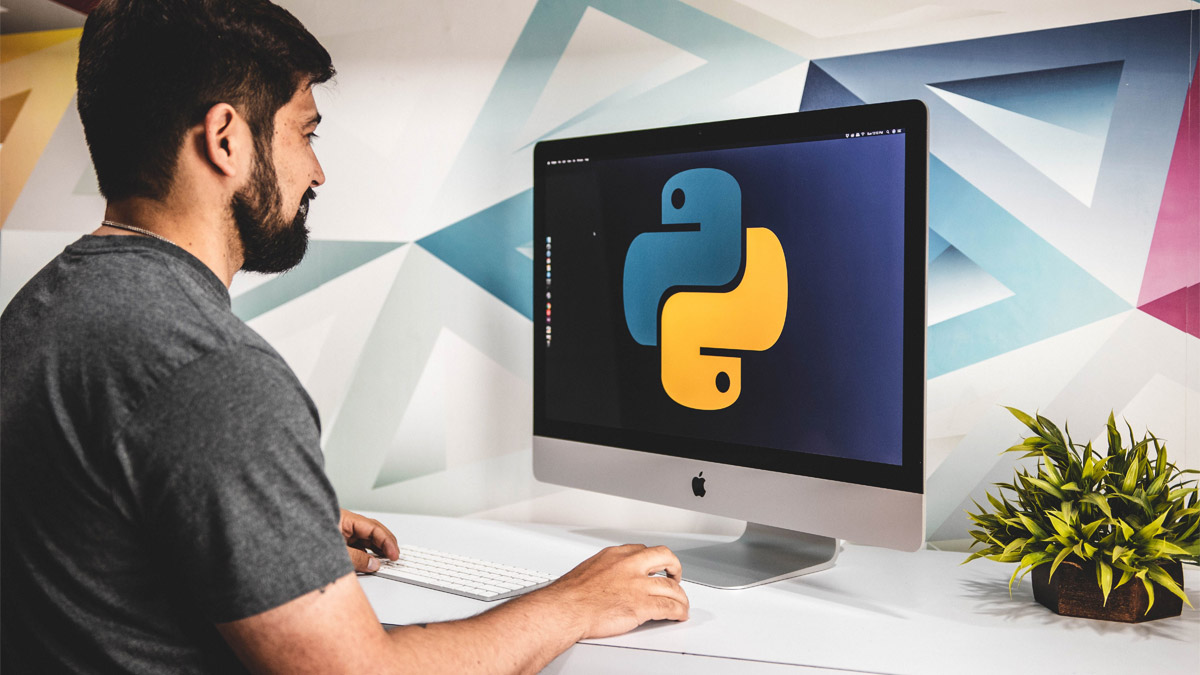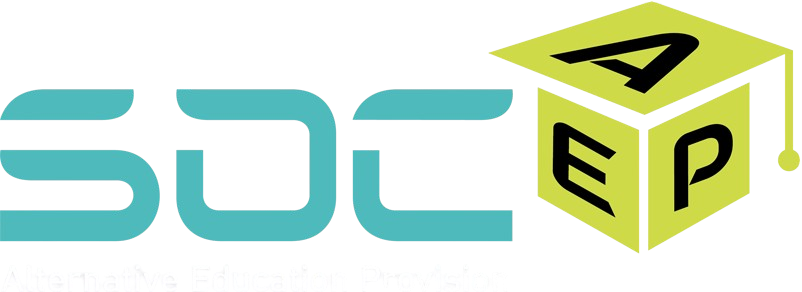Introduction
Programming can be intimidating for beginners. The grammar, logic, and sheer volume of new material can be discouraging for many. However, programming does not have to be tedious or extremely complicated. Adding creative, fun, and practical ways can make programming more interesting and rewarding. In this post, we’ll look at seven strategies to make programming more engaging for beginners, resulting in a smoother and more enjoyable learning experience.
1. Start With Visual Programming Tools
Before developing sophisticated code, start with visual programming tools such as Scratch, Blockly, or Tynker. These platforms allow beginners to create animations, games, and rudimentary programs by dragging and dropping code blocks into place. Visual tools simplify complex programming ideas while providing instant visual feedback, making learning more participatory and entertaining.
Benefits:
- Improves understanding of programming fundamentals.
- Allows newcomers to see the effects of their efforts immediately.
- Encourages creativity through cartoons and games.
2. Focus On Interactive Learning Platforms
Platforms such as Codecademy, Khan Academy, and freeCodeCamp provide interactive lessons in which students may write code straight in their browsers and see real-time results. These platforms frequently break down programming into bite-sized jobs and offer guidance or immediate feedback. Interactive learning maintains momentum and reduces frustration by guiding users through problems.
Benefits:
- Immediate feedback allows for easy error correction.
- Lessons are organised into convenient parts.
- Gamified learning systems can help to sustain engagement.
3. Work On Real-Life Projects Early
Learning through practical applications makes programming more relevant and enjoyable. Beginners can focus on projects that interest them, such as building a personal website, designing a basic app, or automating a repetitious activity. Real-life projects provide students a sense of purpose, which increases their enthusiasm and curiosity about coding.
Benefits:
- Improves understanding of theoretical concepts.
- Increases confidence as students create actual things.
- Offers a clear purpose and a sense of accomplishment.
4. Learn Through Games
Playing or designing games can help you learn programming more effectively. CodeCombat, Robocode, and CheckiO are examples of platforms and games built exclusively for teaching programming. These games turn coding tasks into adventures in which students progress by solving coding obstacles.
Benefits:
- Creates a fun and competitive learning atmosphere.
- Encourages critical thinking and problem-solving skills.
- Engages students who may find standard lessons unappealing.
5. Incorporate Pair Programming
Pair programming is when two programmers collaborate on a single task. One person writes the code, and the other reviews it in real-time. This collaborative learning technique not only makes programming more sociable but also assists students in developing problem-solving strategies through conversation and shared knowledge.
Benefits:
- Promotes teamwork and communication skills.
- Provides fast feedback and reduces errors.
- Helps to overcome learning plateaus through shared expertise.
6. Celebrate Small Wins
Programming can sometimes feel like a long journey with few rewards, particularly when dealing with difficult challenges. Celebrating modest victories is essential for maintaining motivated. Recognising accomplishments, no matter how minor, can provide a much-needed morale boost.
Benefits:
- Encourages an optimistic approach to learning.
- Recognising progress helps to boost confidence.
- Reinforces a growth mentality, increasing learners’ resilience.
7. Join Coding Communities
Being a part of a supportive group might make learning to program more fun. Beginners can join online forums such as Stack Overflow, GitHub, and local coding meetups. These sites provide mentorship, collaboration chances, and motivation from folks who have similar interests.
Benefits:
- Access to a plethora of common knowledge.
- Promotes collaboration on open-source initiatives.
- Creates a network of mentors and peers to share experiences and insights.
Conclusion
Learning to program can be made more enjoyable and exciting by using these ideas, rather than a frightening challenge. At the School of Coding & AI, we use numerous techniques to make programming more engaging for novices, such as interactive tools, real-world projects, and community interaction, motivating them to remain curious and motivated.
FAQs
It is typical for beginners to become frustrated at times. Begin with tiny, attainable activities and appreciate minor successes. To avoid becoming bogged down by complex problems, use interactive platforms that provide guidance and real-time feedback.
Python is frequently cited as the greatest programming language for beginners due to its straightforward syntax and adaptability. However, the language you choose is determined by your objectives; for example, JavaScript is excellent for web development, while Swift is suitable for iOS app development.
Absolutely! Many successful programmers began without a traditional computer science education. With the correct resources, anyone, regardless of educational level, can learn to code.
The time it takes to learn programming is determined on the individual’s pace and dedication. However, most beginners may begin developing modest projects within a few months of persistent practice.
No, coding and maths are related, but you don’t have to be a maths whiz to learn programming. Basic logical reasoning and problem-solving abilities are more crucial, and many programming principles are understandable without significant mathematical understanding.







